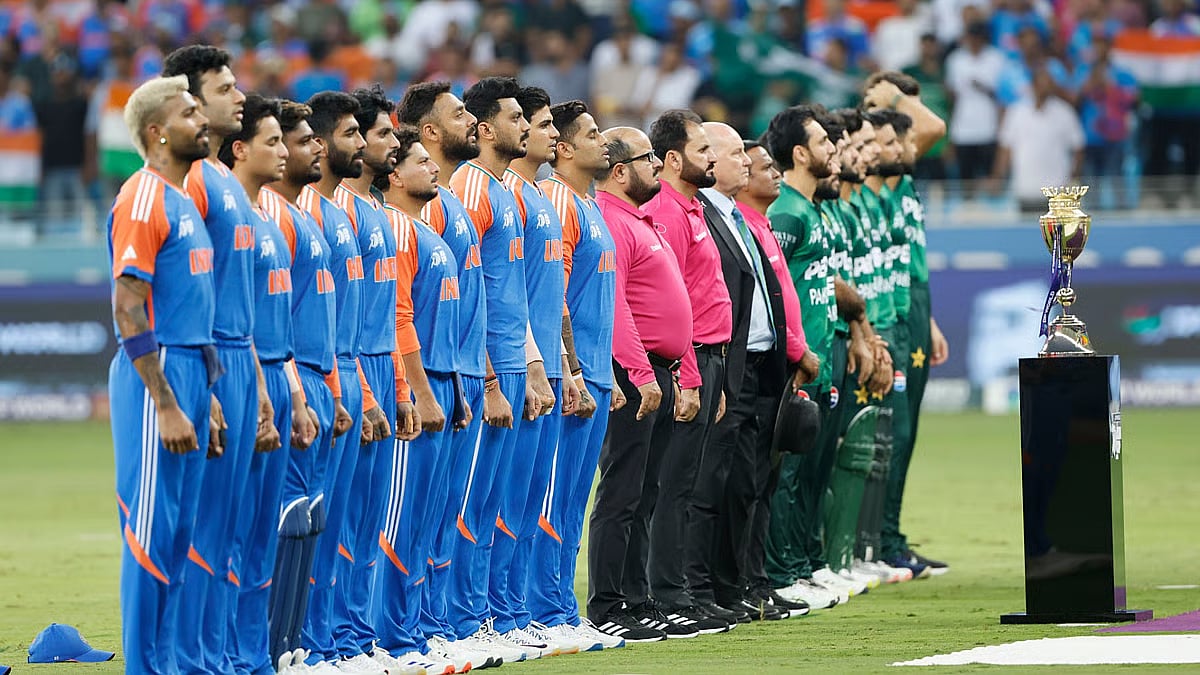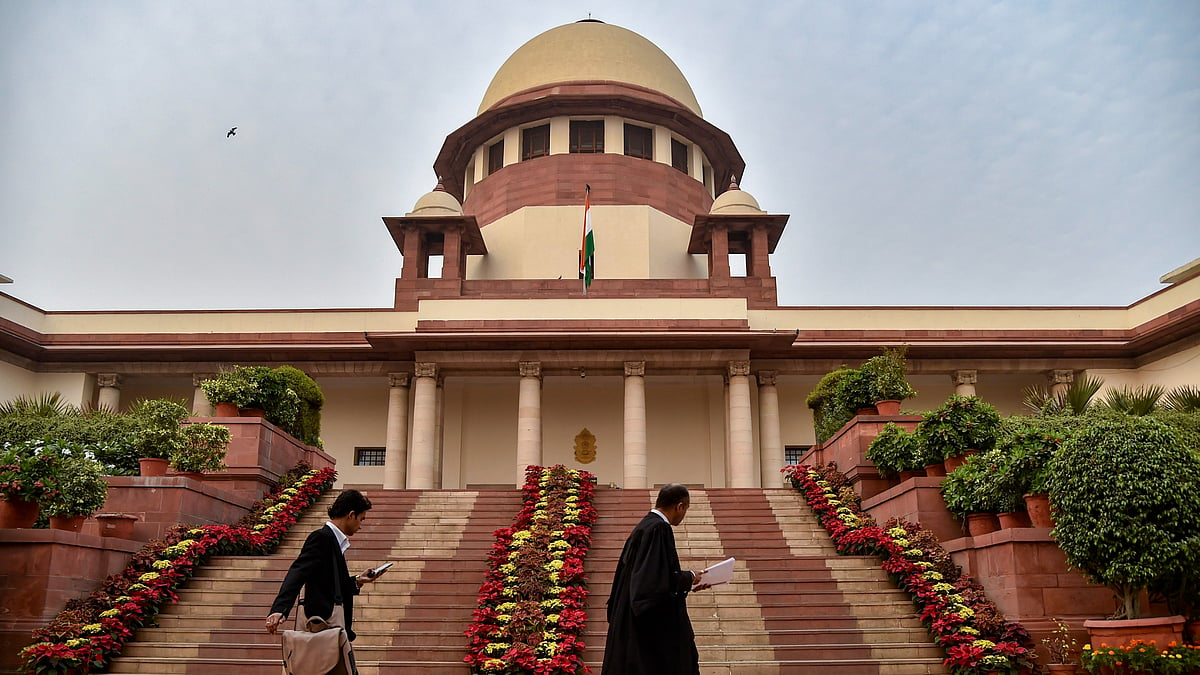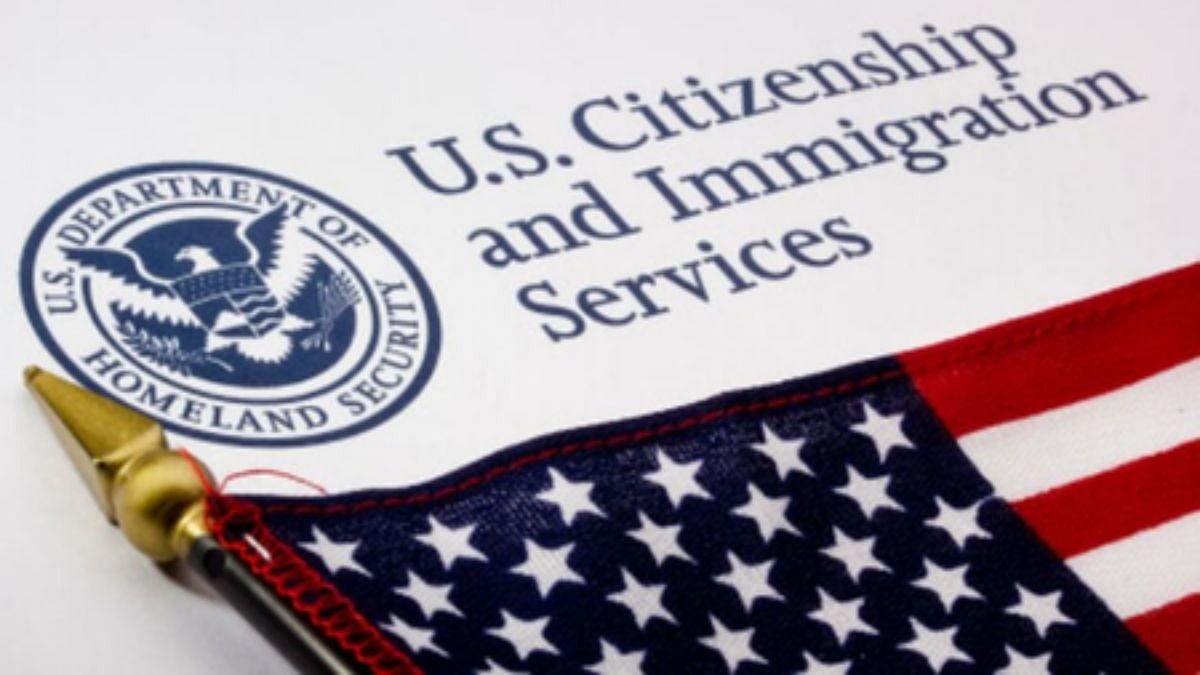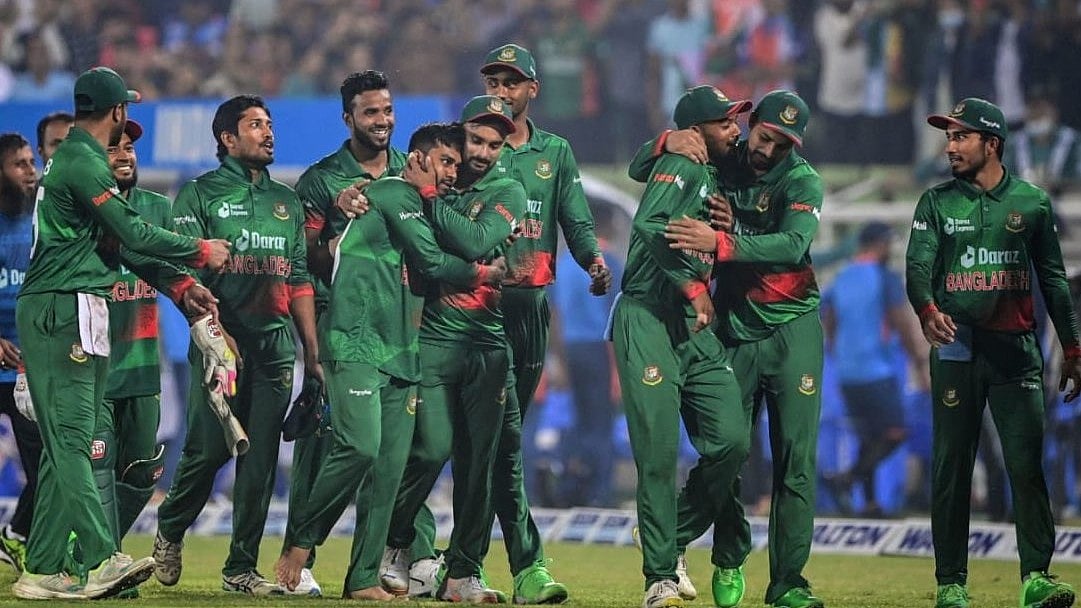At last, the prolonged election campaign for the 18th Lok Sabha is over. I am writing this column on June 1, and by the end of the day the seventh phase of polling will be completed and the people’s choices of representatives will be revealed soon.
In the heat of political battle artful dodges, exaggerations, distortions and vilification of political adversaries are common. Increasingly, we have made our politics a no-holds-barred, life-or-death struggle, Polarisation on grounds of caste, region, language and religion has become all too common, instead of reasoned debate. As French President Emmanuel Macron recently said, often emotion trumps rationality in politics. And negative emotion (envy, anger, prejudice, hatred) trumps positive emotion (hope, aspiration). The scorching summer heat and the heat of political battle make a particularly difficult combination. Combine this with our enormous diversity of caste, region, language and religion, and our tortuous history, and we see how our political rhetoric seems very divisive and polarising.
But that impression of divisive politics and polarisation could also be misleading. Acerbic comments, breathless coverage of ‘the unusual and odd’ (‘man bites dog’ is news, not ‘dog bites man’!) utterances and events on TV, and the widespread use of social media where anybody can say anything without filters magnify the perception that our society is hate-filled, crime-ridden, unsafe, and obscurantist; or that our politics is retrogressive, oppressive and anarchic or fascist (depending on which end of the political spectrum you are inclined to support). Our society’s emotional responses on occasion, and volatility further amplify the image that India is ungovernable and is a ‘functioning anarchy’.
Take for instance, the horrific instances of sexual violence against women. The ‘Nirbhaya’ case is one such terrible crime that mobilised millions and touched every Indian. We need to strengthen rule of law and improve social norms to ensure that every woman is safe and has the opportunity to participate equally in our economy, politics and society. Even one act of gender violence and sexual assault is one too many, and we cannot, and should not tolerate crimes against women. But the way global media interpreted our emotional response to such crimes was devoid of facts and logic. Even the redoubtable BBC and influential CNN portrayed India as the ‘rape capital of the world’! Even a single rape is reprehensible and should not be tolerated. But a simple fact-check shows that the US and the UK have twelve times the incidence of rape per unit population. Even if we assume that many rape victims do not report the crime for fear of ostracisation, the crime is much more prevalent in the ‘advanced’ countries than in India. We need to do a lot to enhance the freedom of our girls and women, and give them the opportunity to fulfil their potential. But our rhetoric and emotion because of our own unique cultural factors are misinterpreted by global society and even by many among us in the country. This tragic episode illustrates how our own self-image is shaped by rhetoric and emotion, not by evidence and logic.
There is much that is wrong with our politics and governance. Our democracy is a work in progress, and is still evolving. But we should recognise that our society, institutions of state, and political parties have in general been very progressive and forward-looking. Our legislation on women’s freedoms and affirmative action policies ending caste discrimination are excellent examples.
A very liberal abortion law guaranteeing women’s reproductive rights was enacted more than 50 years ago, and women exercise that right freely in our country. The laws on dowry prohibition, cruelty against women in marriage, representation of women in local governments, the 106th Amendment mandating reservation of seats in legislatures were all enacted by unanimous consent. Our society, for all its faults, has always welcomed modernity. We could eradicate the evil practices of sati and child marriage, and legalised widow remarriage even before Independence with relative ease. If we take caste inequalities, affirmative action policies including reservation in education and public employment, abolition of untouchability, criminalising violence or insult on caste basis, and welfare measures to help the long-oppressed sections to come out of poverty and discrimination have all been embraced by all parties and institutions of state, and welcomed by our fractious society with little resistance.
We tend to exaggerate our differences, and underestimate the factors that unite us. Considering that we constitute 18% of the global population, and we have unmatched diversity, our society and polity have unified the country and promoted enlightened views and modernity in a remarkable way. Our tendency toward self-flagellation needs to be curbed, and we need to acquire a lot more confidence in our people, our politics and our institutions.
Much of the election rhetoric was about branding and political market segmentation. There is much more that unites our parties and society than that divides us. Our voters have time and again exhibited uncommon maturity and common sense. There are many flaws in our democracy. Vast illegitimate expenditure to induce voters, excessive resort to short-term welfare at the cost of collective needs and long-term growth and investment in the future, and appeal to primordial loyalties of caste, region, religion and language weaken our democracy, society and economy. But we have many redeeming features: the voters vote freely, elections are conducted fairly, votes are counted honestly, and we all accept and embrace the election verdicts.
There is life after this election. We need to bury the hatchet, stop our obsession with who wins and who loses, and focus on the future. Inclusive economic growth, fiscal discipline, quality education and healthcare, rule of law, genuine decentralisation and ending corruption should be the minimum goals on which we unite and move forward.
The author is the founder of Lok Satta movement and Foundation for Democratic Reforms.Email:drjploksatta@gmail.com / Twitter@jp_loksatta









